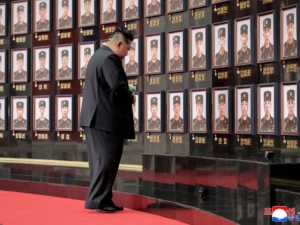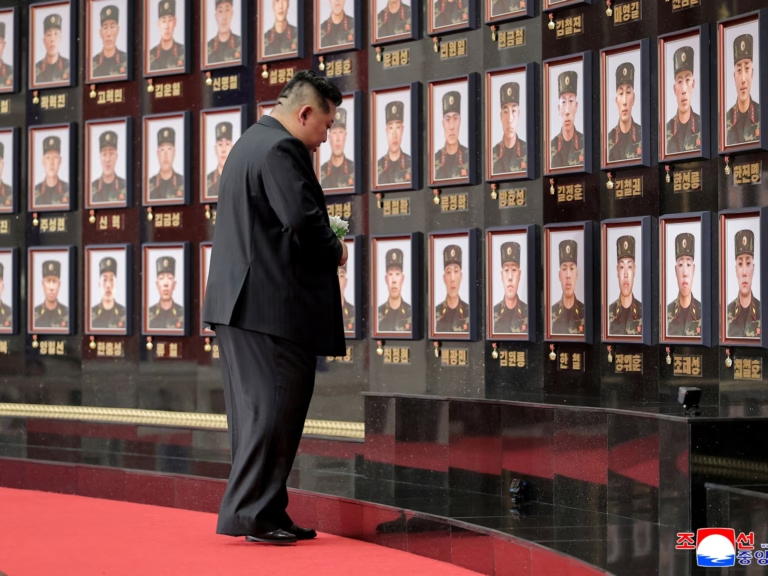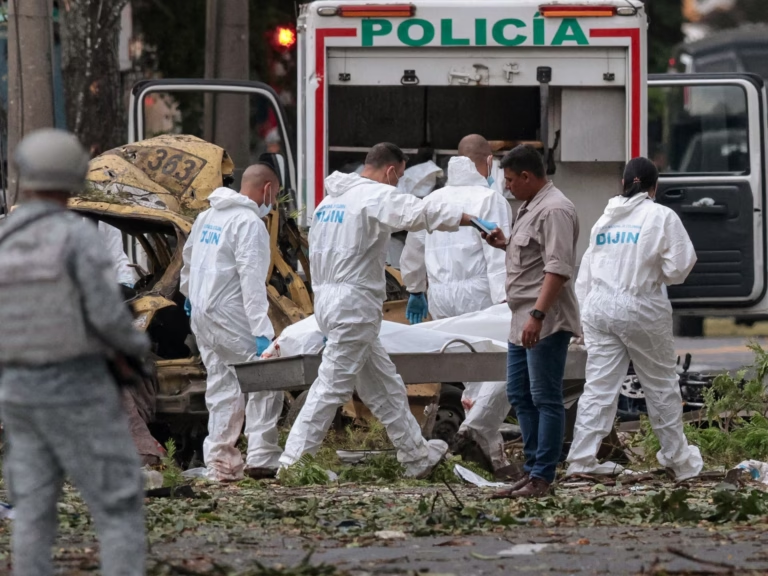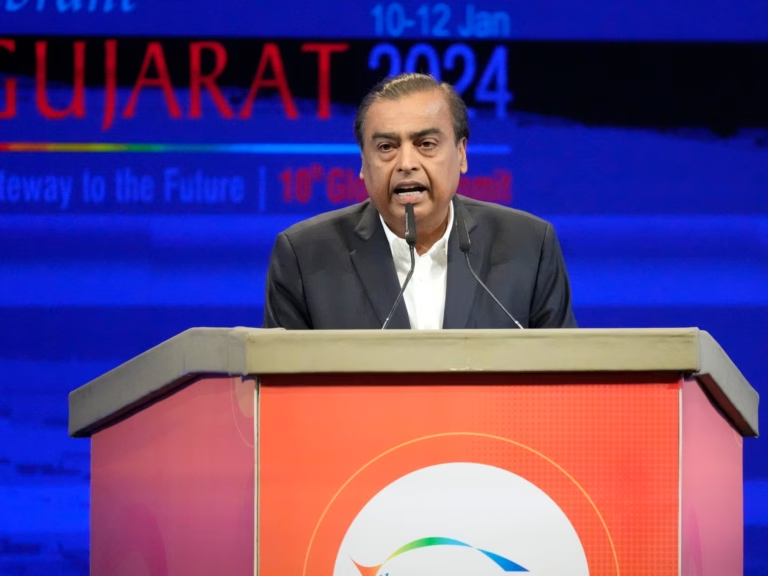The era of the second US presidency of Donald Trump has initiated seismic shifts in Europe’s perception of security. Europeans are increasingly anxious about potential American retreat from international engagements and the potential collapse of the post-World War II security framework, prompting a search for alternative solutions among European leaders.
In the lead-up to the recent German elections, Friedrich Merz, the leader of the Christian Democratic Union and a potential next German chancellor, has suggested the need for discussions with the UK and France on nuclear sharing and security. This proposal has been met with the willingness of French President Emmanuel Macron to open a debate on how to protect Europe through nuclear deterrence.
The idea of a European nuclear arrangement involving France and the UK is not novel and has been discussed for years. However, the current revival of this proposal is not just a strategic misstep; it is also an ill-path with severe risks. Ankle-deep in the uncertainty of US-Russia relations under Trump, Europe must shift its attention from nuclear fantasies to a robust diplomatic stance on nuclear disarmament.
The Illusion of European Nuclear Sharing
Europe’s nuclear sharing plan encounters substantial obstacles. Russia’s immense nuclear arsenal of 5,580 warheads, including advanced delivery systems like the Avangard glide vehicle, surpasses the combined stockpile of the UK and France. This quantitative superiority is complemented by Russia’s qualitative advantage in strategic doctrine.
Furthermore, European nations lack the necessary finances and technical expertise to implement such an ambitious plan while simultaneously expanding their military capabilities. The current state of European defense spending and readiness would make any such endeavor unsustainable and unrealistic.
Introducing a European nuclear-sharing model ignores decades of carefully constructed military and command structures and fails to address modern hybrid threats. It also raises concerns about strategic subjugation rather than true security.
The Imperative for European Leadership in Disarmament
Europe’s better path lies in the realm of arms control and diplomacy. Instead of pursuing a European nuclear shield, the EU could take the lead in reviving crucial nuclear disarmament discussions. Austria, with its role in past nuclear negotiations, is well-suited to host renewed talks, particularly at a time when the US is open to re-engage with Russia on such issues.
By championing nuclear disarmament, Europe could exhibit true leadership and a mature approach to security policy. Historical precedent shows that even former enemies can find common ground on arms control when their interests align. Even in times of heightened tension, agreements such as the 1987 Intermediate-Range Nuclear Forces Treaty have been successful in reducing the threat of nuclear confrontation.
Conclusion
Europe stands at a pivotal juncture, with the opportunity to either cling to outdated security strategies or pioneer a new approach that prioritizes mutual survival over nationalistic pride. The consequences of the approach chosen will extend far beyond the European continent, influencing the future of humanity itself.
The opinions expressed in this piece are those of the author alone and may not necessarily reflect the editorial stance of Al Jazeera.







